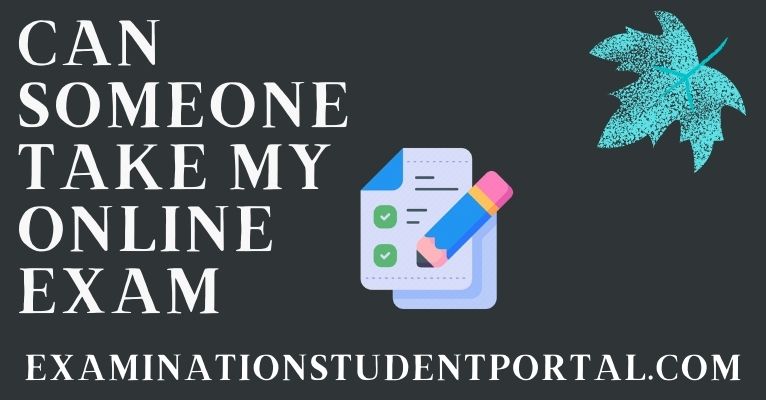Kutztown University Free Online Courses
govStudy by faculty members at West Point finds students perform better academically when laptops and tablets are banned from the classroom. When faculty members at the U. S. Military Academy at West Point took away students computers and tablets in an introductory economics courses, their students' grades jumped. The study of those faculty members' findings, published this month by the School Effectiveness and Inequality Initiative at the Massachusetts Institute of Technology, suggests that male students and students with high grade point averages at the beginning of their college careers are most susceptible to their grades suffering from device induced distraction. Susan Payne Carter, Kyle Greenberg and Michael Walker, three faculty members in economics at West Point, last year separated students in the course into three sections to determine the effect Internet connected devices have on academic performance. One section was strictly technology free, while a second allowed students to use laptops and tablets though professors were free to discipline blatantly distracted students. A third section struck a compromise, allowing students to use tablets as long as the devices lay flat on the desk so that professors could see what was on the screen. The study does not address cell phone use. The different formats had a marked effect on device use. Students in the third section, which the researchers created to mimic an ideal example of how devices should be used in the classroom, used tablets much less frequently than those in the technology filled classroom.

Examination Of Body Fluids Ppt
S. Jayanthi, M. A. , M. Phil. , Ph. D. , EditorSt. R. D. Dissertation, Leeds Metropolitan University .
Interior Design Course Humber College
They were exhausted, seasick and dehydrated. But they took childish joy, one scientist wrote in his diary, in looking at the black rocks and picking up the stones, for we had stepped on no land since Dec. 5, 1914. Almost immediately, Shackleton began planning his next move. Along with five other men, he managed to guide a 22 foot lifeboat to South George Island; from there, a smaller party reached a whaling station and help. After a meal, a bath and a change of clothes, Shackleton said, we had ceased to be savages and had become civilized men again. Then he began looking for a vessel capable of rescuing the rest of his crew. During the next several months, he set sail in three different ships, but none could cut through the pack ice surrounding Elephant Island. Finally, on Aug. 30, 1916, aboard the Yelcho, a Chilean steamer, Shackleton sailed within sight of the island and rescued the 22 remaining men. I have done it, he wrote his wife, Emily.
Board Examination Wallpaper
First of all, an experimental void: apart from a few briefattempts, no one had ventured to bring together a sufficiently largenumber of births, or carry out systematic investigations to test thegreat astrological laws. But a further absence wasperhaps even more cruel, that of a truly scientific method capable ofguiding the researcher through the stumbling blocks that this type ofresearch scatters in his path. In the fifties, I became attached to theidea of filling this double experimental and methodological void"Written in the Stars 1988:11. In other words astrology in those days lacked adequate birth data andmethods of analysis. Gauquelin's idea was to provide both, which withthe later help of Francoise he did to an extent never matched before orsince. The Sorbonne had taught them the skills needed to achievestandards well beyond those of previous researchers such as Choisnard,Lasson France; Krafft, Schwab, Von Klockler Germany; Carter, SunleyUK; Bradley, Church of Light, Tobey USA.
Engineering Course Warwickshire College
Busy noise. Excited noise. Happy noise. Learning in the physical classroom, face to face with teachers is most definitely back and arent we all so pleased that it is!What was equally as impressive to see was the way in which all students respected the need for being COVIDsafe wearing masks, physical distancing and vigilant hygiene practices. It is a team effort and something that directly impacts on all students, staff, and our community. Students were considerate of the spaces of congestion in and around our corridors, passage ways and locker spaces, in particular those students relocated to the cubbies end of the school. Students demonstrated patience and respect when moving to and from their lockers which was great to see. The line up at the canteen was spaced and orderly, and those waiting for the buses used hand sanitiser and distanced themselves before boarding on their bus to go home from school. Thankyou. As was a highlight of the college, and most definitely a focus of our attention during Remote Learning was to support students in accessing their learning. Student support, Wellbeing, ICT, Home Group and staff teams all worked closely with students to ensure success during online learning.